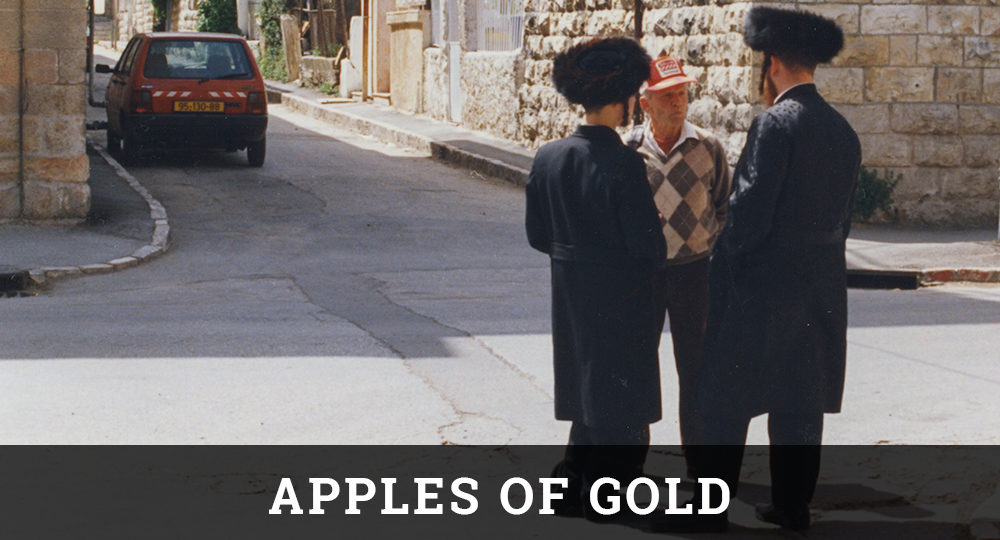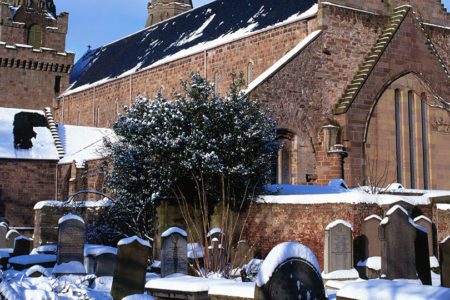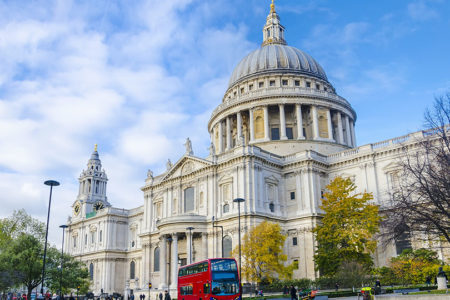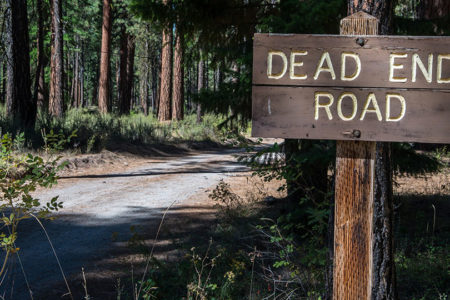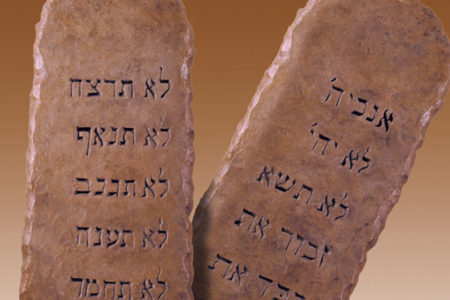Zvi Jan/Feb 2005
Wherever you go in Jerusalem these days, you see many pictures of the late Rabbi Menachem Mendel Schneerson of New York City, who led the Lubavitch movement of Hasidic (ultra-Orthodox) Judaism for 44 years. In 1992, at age 90, the “rebbe,” as he is called, suffered a stroke that rendered him speechless the rest of his life. He died two years later, and his grave is in Crown Heights, Brooklyn, New York.
Now, 10 years later, we see his face everywhere—in the newspapers, on television, and on posters in the streets. His followers dance and rejoice over him. Why? Because they say he is the messiah. They call him Melech HaMoshiach (King Messiah) and place Isaiah 53:5–6 with his picture: “But He was wounded for our transgressions, He was bruised for our iniquities; the chastisement for our peace was upon Him, and by His stripes we are healed.”
It is written in Ezekiel 36:26, “I will give you a new heart and put a new spirit within you.” But sometimes I wonder, How will you do this, Lord, because these people are so blind? They do not even want to see.
The Lord Himself came here to bear our iniquities; but when I come among the ultra-Orthodox and try to show them this great truth, they do not want to hear it.
Recently I came across a group of Schneerson’s followers. They were having a big celebration and telling people, “The messiah has come!”
So I began to talk to them. “Why do you come here?” one asked me. “Here we are so happy and celebrating this great day of joy because our messiah has come. And you come here to take from us this great joy.”
Just then their rabbi arrived. He was full of dissatisfaction. “You must be happy with us,” he told me.
I said, “I will be happy with you. But only if you will show me where it is written that this messiah you are so happy about came and saved you from all your sins. Can you show me?” He pointed to Isaiah 53.
“I, too, believe what is written here,” I told him. “But I do not believe in Rabbi Schneerson, who was so helpless and sick and is now buried in New York. If you will show me Rabbi Schneerson’s name in the Bible and that the Messiah came from New York to save us, I, too, will rejoice with you.”
Then I opened my Bible to Isaiah 53. All of his Hasidic pupils became very interested in our discussion, wanting to know what their rabbi would say to me. I asked several questions, then asked, “Tell me, what is more important regarding our faith?The overabundance of advice we receive from many rabbis, or what is written here in the Bible?”
All the students turned immediately toward the rabbi, and they saw that he was confused and disappointed. Then one of the students asked me, “If you know the Bible so well, what do you think the correct answer is to all the questions you have asked?”
This time I read to them Proverbs 19:21: “There are many plans in a man’s heart. Nevertheless the Lᴏʀᴅ’s counsel—that will stand.”
“You should know,” I continued, “that even though you are a great rabbi, you do not have the right to boycott those words, which were written by the Holy spirit of God. You try to make yourself holy, but only God is holy.”
Now the conversation began to heat up. “Who are you? Who sent you here to speak with us? And why do you speak so much about this chapter in Isaiah?” a pupil asked.
“I speak,” I answered, “because I have seen what you are doing. You are taking a man who was sick himself, this Rabbi Schneerson, and you call him the messiah and write about him in all these many books. You say that he is the one who has taken on ‘the iniquity of us all.’ How did you come to such a wrong conclusion?”
One of them then thought hard about what we were saying and spoke up: “You know, many of those Christians we encounter believe in This Man [Jesus]. Can you show me where it is written about this one, if it is in the Bible? If it is, we want to see it. You believe in This Man who was born in Bethlehem.” When he said this, he did not even know that the Bible says the Messiah was to be born in Bethlehem. Rabbi Schneerson was born in the Ukraine and never even came to Israel.
So I quickly showed them Micah 5:2 and Isaiah 7:14. They were utterly shocked. “Here it is written about the true Messiah,” I said. Sadly, they did not want to speak with me anymore. But as it is written, “The people who walked in darkness have seen a great light” (Isa. 9:2).
